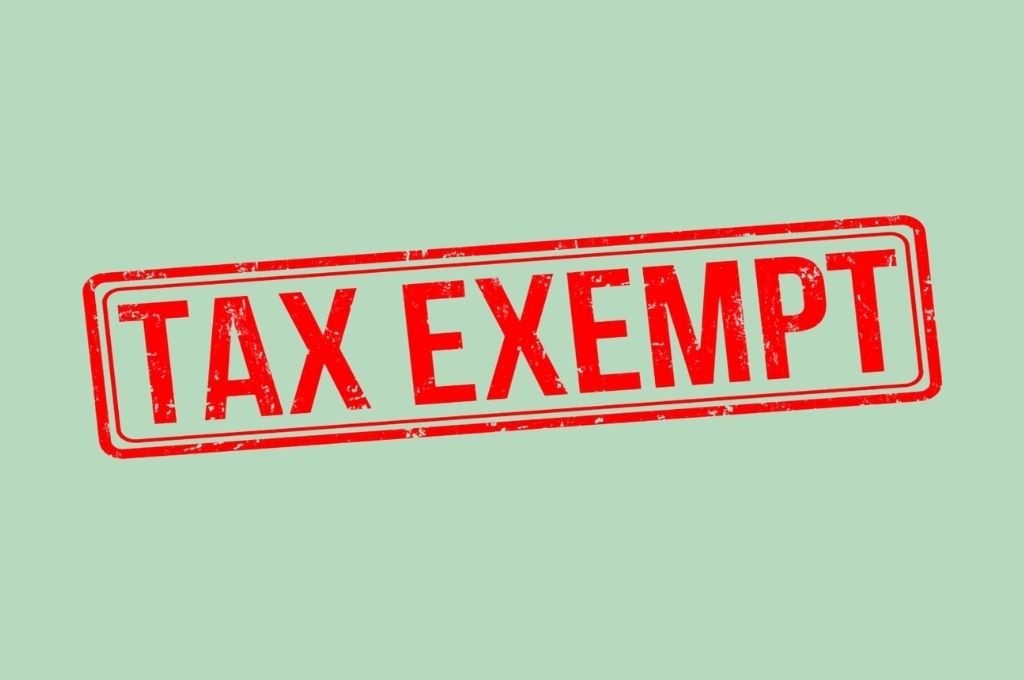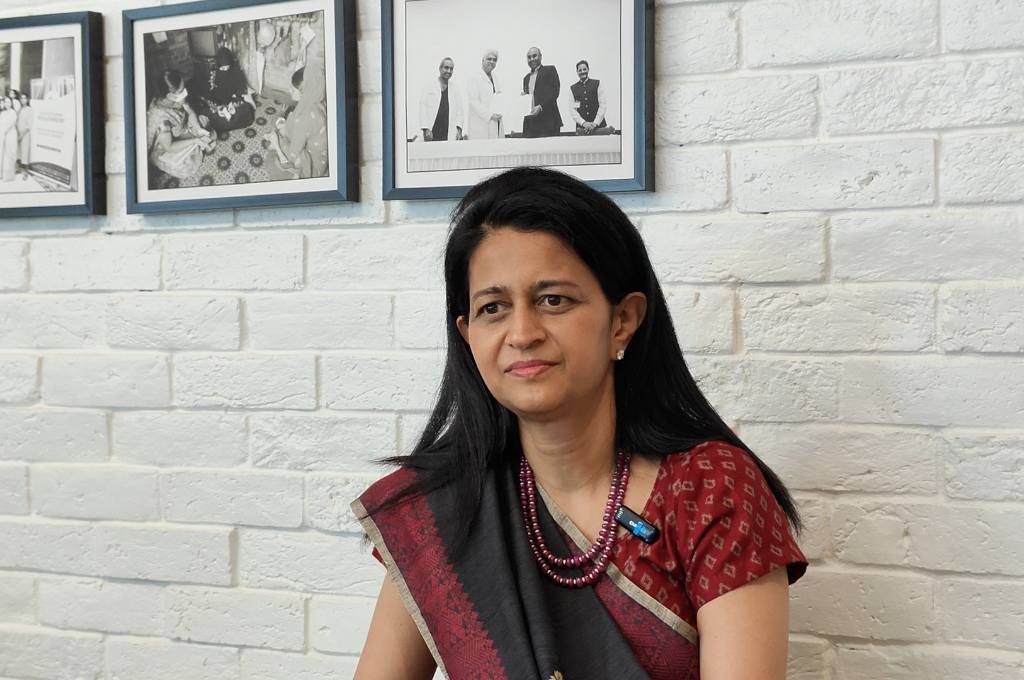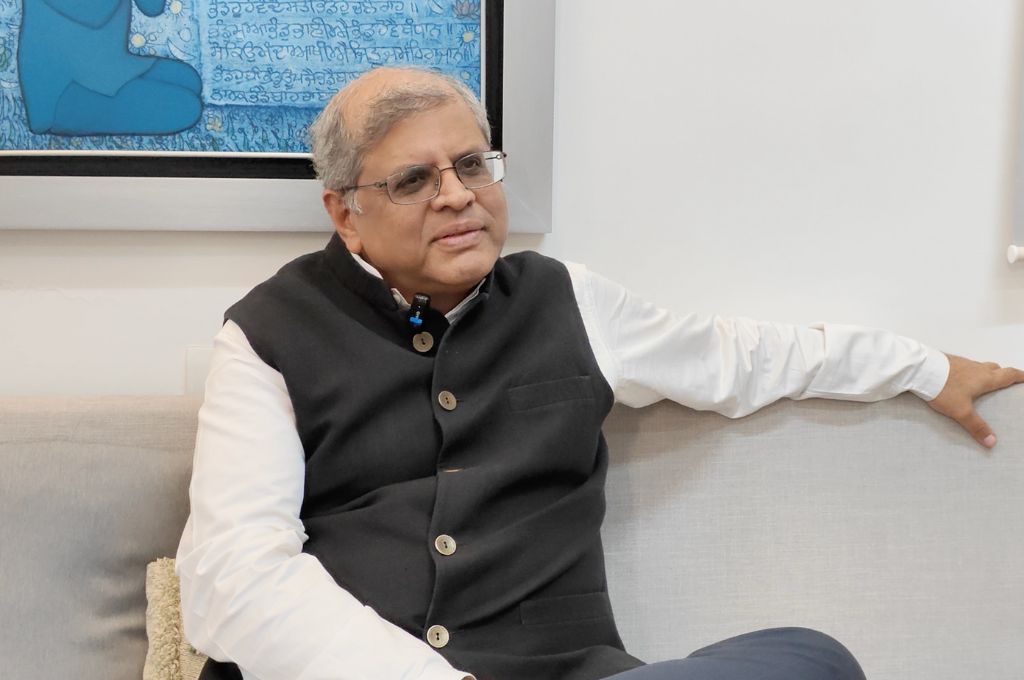I wish to make out an economic and moral argument for providing 100 percent tax exemption on all charitable donations made by individuals under 80G. As of now, donations made to charitable organisations that have an 80G certificate from the Income Tax Department are exempt from tax from anywhere between 50 and 100 percent. For most nonprofits, this exemption is 50 percent and it is further subject to an outer limit of 10 percent of the donor’s income.
For instance, if a donor has given INR 2 lakh in charity over the year, they are eligible to claim INR 1 lakh as an exemption. However, if their income for the year is INR 9 lakh, they can only claim INR 90,000 as an exemption.
A tax exemption of 100 percent on the donation amount is generally permissible only when giving to government organisations.
The economic argument
Earlier the government was wary of fraud by the donor while claiming exemptions on donations made. There was an apprehension that donors would produce fraudulent 80G certificates and claim that they had donated more than they actually had.
Last year, in the Union Budget 2020-21, the central government mandated that all 80G donation statements have to be uploaded and reported online. These also have to be linked back to the respective nonprofit’s financials. With this level of reporting and interlinking, they no longer need to be worried about fraud in this form.

In 2018-19, INR 1,000 crore of exemptions were claimed under 80G by individuals.1 Even if this were to double based on more people claiming their exemptions, it would result in another INR 1,000 crore of loss in revenue. This would apply even if people might have forgotten to put in their claims earlier, because now they would get auto-populated in their returns.
The total revenue foregone by the government from individuals on account of various exemptions is INR 95,000 crore, so this makes up barely two percent of that. With a 100 percent tax exemption this would be a lost revenue of around INR 4,000 crore—less than five percent of overall lost revenues.
Given rising deficits, if the government would still like to keep this exemption revenue neutral, they could reduce this amount from the social sector budget which totals INR 15.79 lakh crore. The cost of building an engaged citizenry could not have been smaller.
The argument for equity
In 2016, Charities Aid Foundation (CAF), an international organisation that promotes individual giving, studied tax incentives offered by 26 countries on charitable donations.
Nineteen of the 26 countries provided a 100 percent tax exemption or equivalent regime for retail donations. India is one among just three countries that offers less than 100 percent, the others being France and Bangladesh. Nigeria is at the very bottom since it provides no incentive at all. Singapore, on the other hand, offers a 300 percent tax incentive for charitable donations. Here is a country that is asking more of its citizens and providing them incentives to do the same. We aim to join the league of developed countries and this is one example we should emulate as we seek to get there.
The moral argument
The moral argument, to me, is the most powerful. Investments made by individuals in financial instruments like mutual funds, insurance, and so on entitle us to a 100 percent tax exemption. And in these cases we invest to benefit ourselves and our families. However, a charitable donation—one that helps another human being—offers only a 50 percent tax exemption. How does that make sense? We get more benefit to think about ourselves but less benefit when we think about others.
Budget 2020-21 introduced two new tax systems—the existing one and the new one. Under the new tax system, individuals could pay lower taxes if they gave up all their exemptions. The US 2017 Tax Cuts and Jobs Act did something similar. It increased the standard deductions available thereby reducing the need to make itemised mentions for specific exemptions; in essence achieving the same effect of reduced taxes without having to mention specific deductions. Interestingly some representatives in the US Congress are now trying to pass a bill that will allow charitable deductions over and above the standard deductions. They cite the moral argument for higher exemptions on charitable donations compared to any form of investment or insurance—a bill that “would make the tax law fair for everyone who makes a financial sacrifice in order to help those in need.”
The draft recommendations of the proposed Social Stock Exchange (SSE) provide for a 100 percent tax exemption for nonprofits that are listed on the SSE; the rationale being that such organisations will have higher levels of governance and thus greater efficiency and impact. Therefore, to promote individual giving to such organisations, any donations to them must be incentivised and granted 100 percent tax exemptions.
Our entire financial system is incentivised to make us think of ourselves before others.
While these arguments are from the viewpoint of the organisation, my arguments are more from the viewpoint of the individual giver, the citizen, and the mindset and behaviour change we want to see in all of us. We would like people to give more, and not just divert their giving to organisations with 100 percent tax benefits. If we would like to reward better governed organisations listed on the SSE, these could be offered higher tax benefits—maybe between 125 to 150 percent, since as we have seen earlier, the cost of tax benefits on donations does not make any discernible impact on India’s finances.
Our entire financial system is incentivised to make us think of ourselves before others. It’s time we equalise the scales if not tip them. This government has reminded us of our duty through their entire time in office. There are several instances of this: The demonetisation announcement (where it convinced people that it was undergoing hardship in order to get rid of black money), the GiveItUp LPG subsidy campaign (where households were encouraged to give up their LPG gas subsidy so that it could be redistributed to poorer households), and so on. By providing a 100 percent tax exemption to charitable donations, the government can signal that it wants us to think about others at least as much as we think about ourselves.
—
Footnotes:
—
Know more
- Learn about the proposed social stock exchange (SSE) and read the recommendations drafted by the SSE working group in detail.
- Read Sattva’s report on everyday giving in India.




